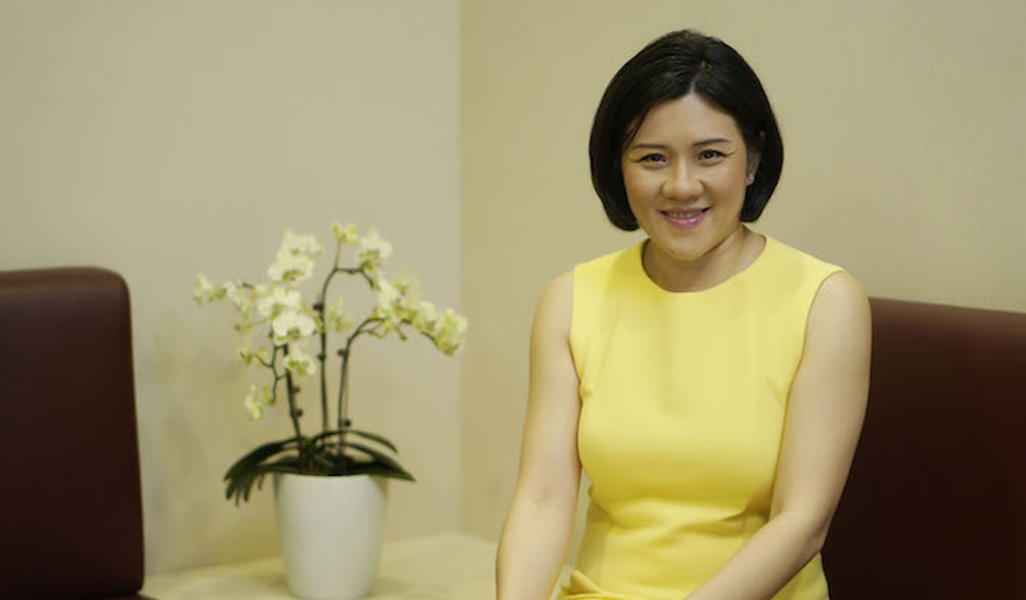News & Articles

Up Close & Personal with Dr Wong Chiung Ing

Still pursuing a dream
Dr Wong Chiung Ing’s goal as a young girl was to find a cure for cancer. It still keeps her going today.
Why did you choose to be a medical oncologist?
Medical oncology offers all aspects of care for the patient: physical, emotional and social. I have always believed that in medicine, the holistic care of patients is paramount. In oncology, we not only look after the cancer of a particular part of the body, but also walk a journey with our patients. From diagnosis, we are there every step of the way, and if, unfortunately, the patient is likely to succumb to the disease, to palliative care.
I initially wanted to do palliative medicine because when I first graduated as a doctor, there were not many specialists in this area, and I wanted to focus on comfort care for terminally-ill patients. However, I decided that perhaps I could help even before they reached that stage.
How long have you been a medical oncologist?
I have been a doctor for 21 years, the last 11 years as a medical oncologist. I studied and worked in the United Kingdom before returning to Singapore in 2002. My oncology training was at the National University Hospital, where I was guided by many inspiring mentors whom I am still very grateful to.
You have a special interest in breast and gynaecological cancers. Why these cancers?
As a woman, I can empathise with this group of patients. I think the different sexes cope and handle cancer diagnosis in different ways. There are also promising new treatments for breast and gynaecological cancers, so hopefully, we can offer them better treatment options.
What does your typical day at Parkway Cancer Centre look like?
I start work at about 8am, seeing my patients in the ward before starting to see clinic patients. I usually have lunch with my colleagues, followed by afternoon clinic. I will review the patients in the ward before going home, hopefully, at about 6pm.
What is it like to lose a patient?
It is always difficult to lose patients when they succumb to cancer. However, I take comfort that we would have given them the best fighting chance with the treatments available and kept them comfortable towards the end. Thankfully, a lot of cancers are now very treatable, and when patients are cured of cancer and do well in their respective pursuits, it is my greatest reward.
How do you keep a work-life balance?
It is not easy to achieve a good work-life balance when we need to attend to patients – anytime – when they are ill. I am thankful to my husband whom I met when I was a medical student. He has journeyed with me and understands the nature of my job.
I have two daughters, 15 and 11, who still keep me very busy and entertained!
I am also thankful to my family and in-laws for their constant support and understanding.
What are your hopes for the future?
When I was a young girl, my wish was to find a cure for cancer, and that was what drove me to study medicine. My wish is not 100 per cent fulfilled yet, but I am excited to see encouraging developments in new treatment options that will help prolong life and improve the quality of life for cancer patients.
What advice would you give patients?
It is very important that women go for regular screening for breast cancer and cervical cancer. It is also important to note that the diagnosis of cancer is not a death sentence. If you suspect that there may be suspicious symptoms, do get it evaluated as soon as possible. The earlier cancer is detected, the higher the chance of cure.
| TAGS | breast cancer, cancer doctor stories, cancer quality of life, new ways to treat cancer, women (gynaecological) cancer |
| READ MORE ABOUT | Breast Cancer, Cervical Cancer |
| PUBLISHED | 17 October 2019 |
